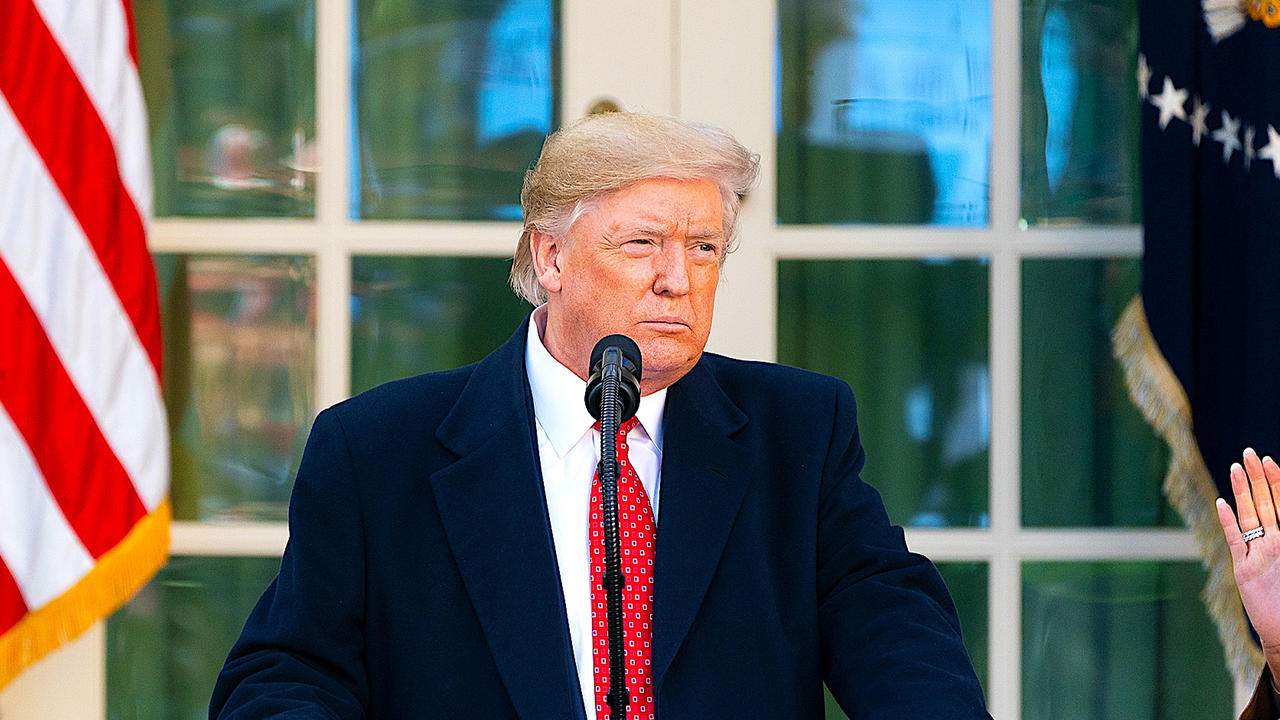Legal Career and Background

Judge cannon – Judge Aileen Cannon, a prominent figure in the American legal system, has had a distinguished career marked by significant appointments and impactful rulings. Her extensive experience in various legal fields has shaped her into a highly qualified and respected jurist.
Cannon’s legal journey began with her graduation from the University of Miami School of Law. She subsequently embarked on a successful career as a litigator, handling complex civil and criminal cases. Her expertise in commercial litigation, white-collar crime, and intellectual property law earned her recognition as a skilled advocate.
Judicial Appointments
Cannon’s exceptional legal abilities led to her appointment as a federal magistrate judge for the Southern District of Florida in 2005. In this role, she presided over a wide range of matters, including criminal trials, civil lawsuits, and administrative proceedings. Her impartial demeanor and sound legal reasoning gained her the respect of both attorneys and litigants.
Judge Cannon, known for his rulings in high-profile cases, has a reputation for fairness and impartiality. His recent decision has sparked discussions about the complexities of law and justice. Similar to the diligence and integrity displayed by trainee IAS officer Pooja Khedkar here , Judge Cannon’s approach exemplifies the principles of justice that guide our society.
In 2020, Cannon was elevated to the position of U.S. District Judge for the Southern District of Florida by President Donald Trump. As a district judge, she has handled high-profile cases involving national security, intellectual property disputes, and constitutional law.
Judge Cannon’s ruling has been a topic of much debate, with some questioning the legal basis for her decision. Her decision has also raised questions about the role of judges in interpreting the law, and the extent to which they should consider the political consequences of their rulings.
While the debate over Judge Cannon’s ruling continues, it is worth noting that her decision is not the first time that a judge has been accused of bias or political motivations. In fact, the issue of judicial bias has been a recurring theme in American history, and it is likely to continue to be a source of debate for years to come.
As the debate over Judge Cannon’s ruling continues, it is important to remember that the judiciary is a co-equal branch of government, and that judges have a duty to interpret the law fairly and impartially. This is especially important in cases involving high-profile political figures, such as J.D.
Vance. Judge Cannon’s ruling will undoubtedly be appealed, and it will be up to the appellate courts to decide whether her decision was legally sound.
Notable Cases and Rulings
Throughout her career, Judge Cannon has issued numerous rulings that have shaped legal precedent and sparked public debate. One notable case involved the prosecution of a former CIA officer accused of leaking classified information. Cannon’s handling of the case, including her decision to suppress certain evidence, drew both praise and criticism from legal experts.
Another significant ruling by Cannon came in a case involving the Trump administration’s travel ban on citizens from several Muslim-majority countries. Cannon initially blocked the ban, but her decision was later overturned by an appeals court. Nonetheless, her willingness to challenge the executive branch on constitutional grounds demonstrated her commitment to the rule of law.
Recent Controversies: Judge Cannon

Judge Cannon’s recent decisions regarding the Mar-a-Lago search warrant and the appointment of a special master have sparked controversy. Her rulings have been the subject of intense legal debate and public scrutiny, with implications for the ongoing investigation into former President Donald Trump’s handling of classified documents.
Mar-a-Lago Search Warrant
In August 2022, Judge Cannon granted Trump’s request for a special master to review the documents seized during the FBI’s search of Mar-a-Lago. This decision was met with criticism from legal experts, who argued that it was an unnecessary delay in the investigation.
Judge Cannon’s ruling was based on her finding that the government had not met its burden of proving that the seized documents were not covered by attorney-client privilege or executive privilege. She also argued that the appointment of a special master would help to protect Trump’s due process rights.
Appointment of Special Master
Judge Cannon’s appointment of Judge Raymond Dearie as special master was also controversial. Critics argued that Dearie was not sufficiently qualified to handle the case and that his appointment would further delay the investigation.
Judge Cannon defended her decision, arguing that Dearie was a highly respected jurist with the necessary experience and impartiality to handle the case. She also noted that Dearie had agreed to complete his review of the documents by November 30, 2022.
Public and Media Reaction
Judge Cannon’s decisions have been met with mixed reactions from the public and the media. Some have praised her for protecting Trump’s rights, while others have criticized her for obstructing the investigation.
The media has also been critical of Judge Cannon’s rulings, with some commentators accusing her of being biased in favor of Trump. These criticisms have damaged Judge Cannon’s reputation and raised questions about her impartiality.
Judicial Philosophy and Impact

Judge Aileen Cannon is a conservative jurist whose judicial philosophy is rooted in textualism and originalism. She believes in interpreting the law based on its plain meaning and the intent of its drafters, rather than relying on personal or policy preferences. Cannon is also a proponent of judicial restraint, believing that judges should defer to the other branches of government when interpreting the law.
Approach to Interpreting the Law, Judge cannon
Cannon’s textualist approach to interpreting the law means that she focuses on the plain meaning of the words in a statute or constitutional provision. She does not consider legislative history or other external sources unless the plain meaning of the text is ambiguous. Cannon’s originalist approach means that she interprets the Constitution and other laws based on the understanding of their meaning at the time they were adopted.
Views on Judicial Activism
Cannon is a strong critic of judicial activism, which she believes is when judges use their personal or policy preferences to interpret the law. She argues that judges should defer to the other branches of government, which are more accountable to the people. Cannon has also criticized the Supreme Court for overstepping its authority, particularly in cases involving social issues.
Impact of her Decisions
Cannon’s decisions have had a significant impact on the legal landscape. Her rulings have been cited by other conservative judges and have been used to support conservative legal arguments. Cannon’s decisions have also been criticized by liberals, who argue that she is too willing to overturn precedent and that her decisions are out of step with the majority of Americans.